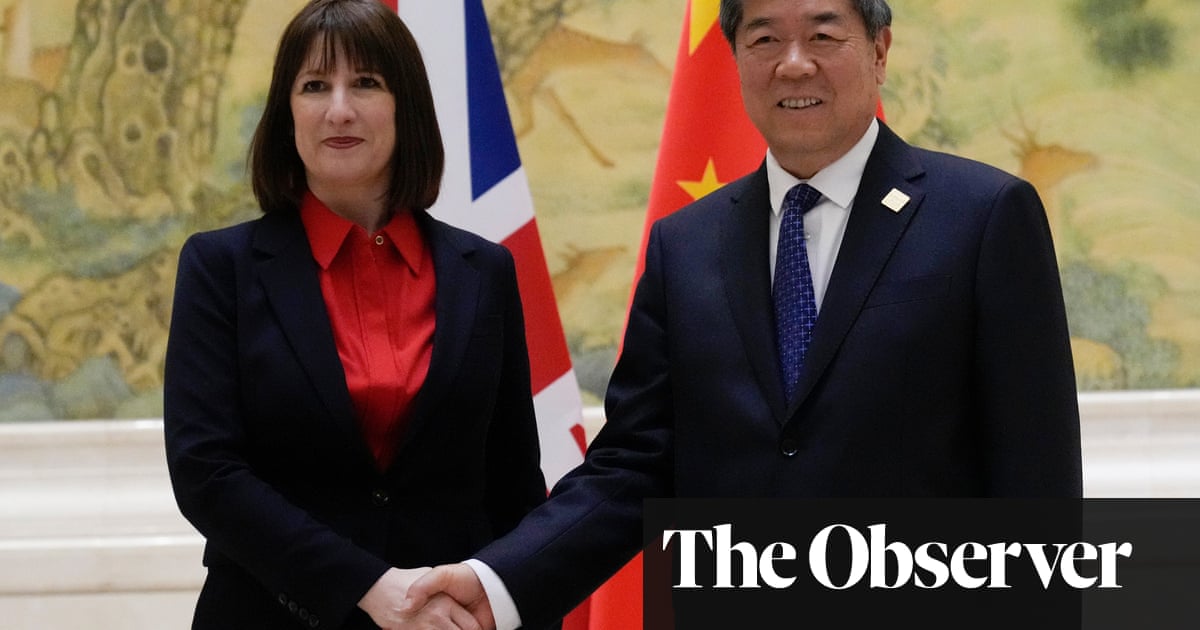Israel has announced it will close its embassy in Ireland, citing Dublin’s decision last week to support a petition at the international court of justice accusing Israel of “genocide”.
The move was announced by the Israeli foreign minister, Gideon Sa’ar, who said it was prompted by the Irish government’s “extreme anti-Israeli policies”, noting its decision to join the ICJ petition last week.
The Irish taoiseach, Simon Harris, said on X: “This is a deeply regrettable decision from the Netanyahu government. I utterly reject the assertion that Ireland is anti-Israel. Ireland is pro-peace, pro-human rights and pro-international law.
“Ireland wants a two-state solution and for Israel and Palestine to live in peace and security. Ireland will always speak up for human rights and international law. Nothing will distract from that.”
Israel has not applied similar measures to other countries, including Egypt, Spain, and Mexico, which also joined the petition.
Announcing the decision, Sa’ar said: “It should be noted that in the past, Israel’s ambassador to Dublin was recalled following Ireland’s unilateral decision to recognise a ‘Palestinian state’.”
He added that the move to close the embassy had been prompted by Ireland’s announcement of its support for South Africa’s legal action against Israel in the ICJ, accusing Israel of ‘genocide’.”
“The antisemitic actions and rhetoric that Ireland is taking against Israel are based on delegitimisation and demonisation of the Jewish state and on double standards,” said Sa’ar.
“Ireland has crossed all red lines in its relationship with Israel. Israel will invest its resources in promoting bilateral relations with the countries of the world according to priorities that are also derived from the attitude of the various countries towards it.
“There are countries that are interested in strengthening their ties with Israel and do not yet have an Israeli embassy,” Sa’ar continued, adding that Israel planned to open a new embassy in Moldova, which is seen as being more friendly to Israel.
“We will adjust the Israeli diplomatic structure of our missions while giving weight, among other things, to the approach and actions of the various countries towards Israel in the political arena,” he said.
Relations between Ireland and Israel have long been strained because of Ireland’s stance as one of Europe’s more pro-Palestinian states.
In November, Harris said the country’s authorities would detain his Israeli counterpart, Benjamin Netanyahu, if he travelled to Ireland, after the international criminal court issued an arrest warrant for Netanyahu.
Israel has submitted an appeal against the arrest warrants issued by the ICC for Netanyahu and the former defence minister Yoav Gallant, Army Radio reported on Sunday.
On 21 November, the ICC issued warrants for the two, citing grounds to believe that Netanyahu and Gallant had committed the war crime of starvation and crimes against humanity such as murder and persecution.
The move to close the embassy follows last week’s statement by Micheál Martin, the Tánaiste (Ireland’s second most senior elected official) and minister for foreign affairs, that he had secured government approval for Ireland to intervene in South Africa’s ICJ case against Israel under the genocide convention.
“There has been a collective punishment of the Palestinian people through the intent and impact of military actions of Israel in Gaza, leaving 44,000 dead and millions of civilians displaced,” said Martin.
“By legally intervening in South Africa’s case, Ireland will be asking the ICJ to broaden its interpretation of what constitutes the commission of genocide by a state.
“We are concerned that a very narrow interpretation of what constitutes genocide leads to a culture of impunity in which the protection of civilians is minimised.
“Ireland’s view of the convention is broader and prioritises the protection of civilian life – as a committed supporter of the convention, the government will promote that interpretation in its intervention in this case.”

.png) 3 weeks ago
12
3 weeks ago
12













































